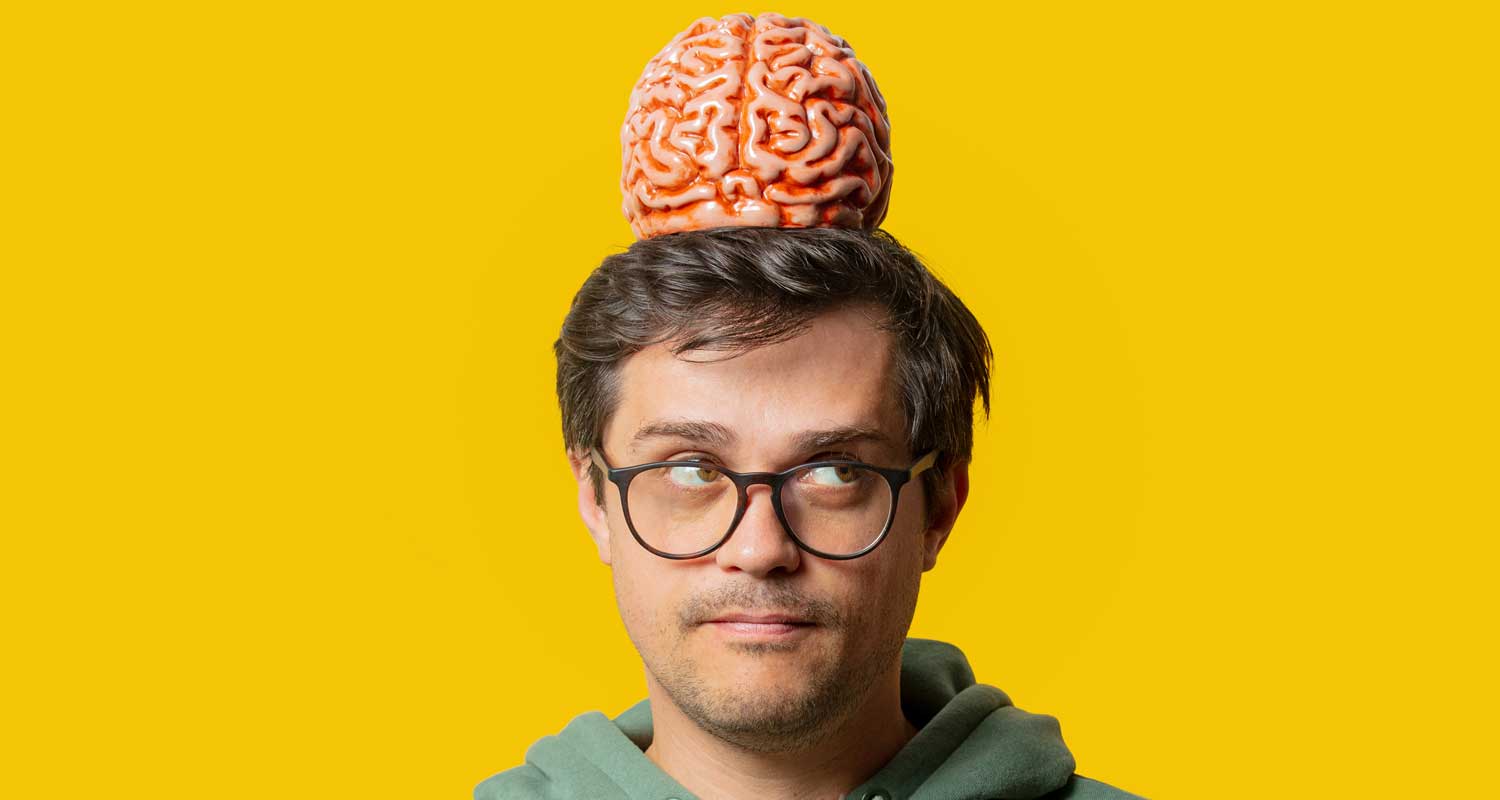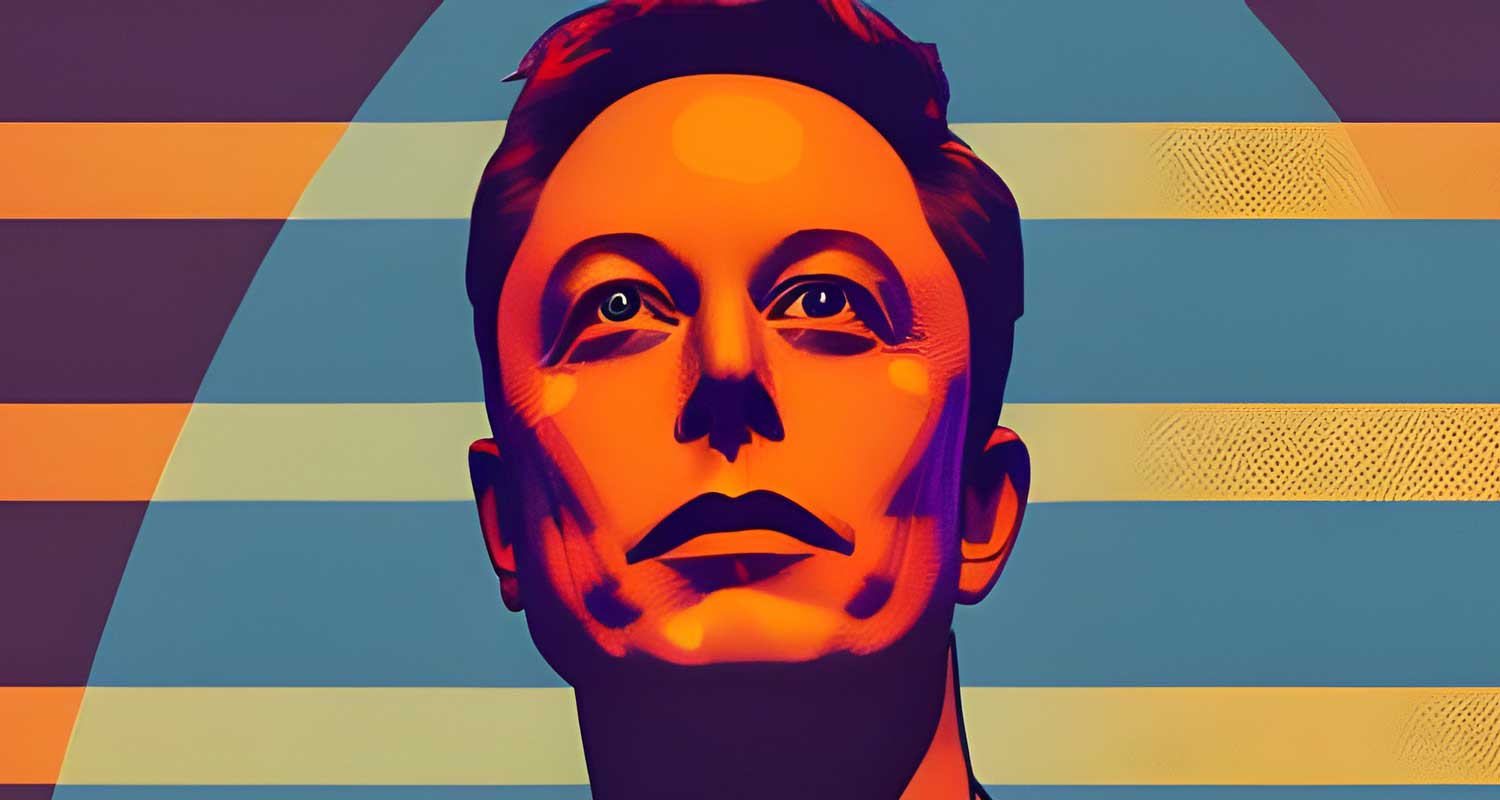 Elon Musk’s Neuralink received approval last week from the US Food and Drug Administration to conduct human clinical trials, which one former FDA official called “really a big deal”. I do not disagree, but I am sceptical that this technology will “change everything”. Not every profound technological advance has broad social and economic implications.
Elon Musk’s Neuralink received approval last week from the US Food and Drug Administration to conduct human clinical trials, which one former FDA official called “really a big deal”. I do not disagree, but I am sceptical that this technology will “change everything”. Not every profound technological advance has broad social and economic implications.
With Neuralink’s device, a robot surgically inserts a device into the brain that can then decode some brain activity and connect the brain signals to computers and other machines. A person paralysed from the neck down, for example, could use the interface to manipulate her physical environment, as well as to write and communicate.
This would indeed be a breakthrough — for people with paralysis or traumatic brain injuries. For others, I am not so sure. For purposes of argument, as there are many companies working in this space, assume this technology works as advertised. Who exactly will want to use it?
One fear is that the brain-machine connections will be expensive, and that only the wealthy will be able to afford them. These people will become a new class of “super-thinkers”, lording over us with their superior intellects.
I do not think that this scenario is likely. If I were offered $100-million for a permanent brain-computer connection, I would not accept it, if only because of fear of side effects and possible neurological damage. And I would want to know for sure that the nexus of control goes from me to the computer, not vice versa.
Besides, there are other ways of augmenting my intelligence with computers, most notably the recent AI innovations. It is true that I can think faster than I can speak or type, but — I’m just not in that much of a hurry. I would rather learn how to type on my phone as fast as a teenager does.
Read: Neuralink gets nod for study of brain implants in humans
A related vision of direct brain-computer interface is that the computers will be able to rapidly inject useful knowledge into our brains. Imagine going to bed, turning on your brain device, and waking up knowing Chinese. Sounds amazing — yet if that were possible, so would all sorts of other scenarios, not all of them benign, where a computer can alter or control our brains.
Remote
I also view this scenario as remote — unlike using your brain to manipulate objects, it seems true science fiction. Current technologies read brain signals but do not control them.
Another vision for this technology is that the owners of computers will want to “rent out” the powers of human brains, much the way companies rent out space today in the cloud. Software programs are not good at some skills, such as identifying unacceptable speech or images. In this scenario, the connected brains come largely from low-wage labourers, just as both social media companies and OpenAI have used low-wage labour in Kenya to grade the quality of output or to help make content decisions.
Read: Musk’s Neuralink faces backlash over animal testing
Those investments may be good for raising the wages of those people. Many observers may object, however, that a new and more insidious class distinction will have been created — between those who have to hook up to machines to make a living, and those who do not.
Might there be scenarios where higher-wage workers wish to be hooked up to the machine? Wouldn’t it be helpful for a spy or a corporate negotiator to receive computer intelligence in real time while making decisions? Would professional sports allow such brain-computer interfaces? They might be useful in telling a baseball player when to swing and when not to.
 The more I ponder these options, the more sceptical I become about large-scale uses of brain-computer interface for the non-disabled. Artificial intelligence has been progressing at an amazing pace, and it doesn’t require any intrusion into our bodies, much less our brains. There are always earplugs and some future version of Google Glass.
The more I ponder these options, the more sceptical I become about large-scale uses of brain-computer interface for the non-disabled. Artificial intelligence has been progressing at an amazing pace, and it doesn’t require any intrusion into our bodies, much less our brains. There are always earplugs and some future version of Google Glass.
The main advantage of the direct brain-computer interface seems to be speed. But extreme speed is important in only a limited class of circumstances, many of them competitions and zero-sum endeavours, such as sports and games.
Of course, companies such as Neuralink may prove me wrong. But for the moment I am keeping my bets on artificial intelligence and large language models, which sit a comfortable few inches away from me as I write this. — (c) 2023 Bloomberg LP

